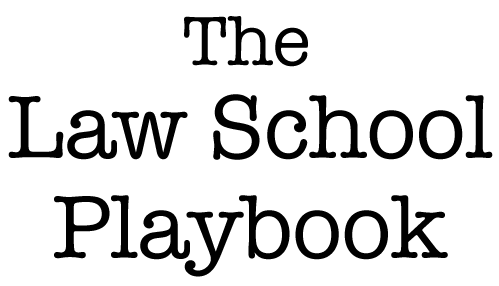Law schools require students to memorize a large volume of rules in preparation for midterms and final exams. This is true even if an assessment is “open book,” because students rarely have the time to look up information during law school exams. Effective memorization means knowing the rules, sub-rules, and exceptions to rules backward and forward in a form that includes the “magic words” capable of altering the meaning. Memorization must take place throughout the semester—cramming is next to impossible given the volume of information.
As I explain to my students, however, memorization is the floor and not the ceiling. Almost anyone can memorize a set of rules. What lawyers get paid for is applying those rules to a new set of facts to reach a reasoned conclusion. This application, or analysis, requires much more than just knowing the “magic words.”
Law students must include practice memorizing and applying in their study schedules. They can think of memorization and application as peanut butter to jelly; bread to butter; or cookies to milk. One can exist without the other, but the end result (and the final grade) won’t be nearly as satisfying.
